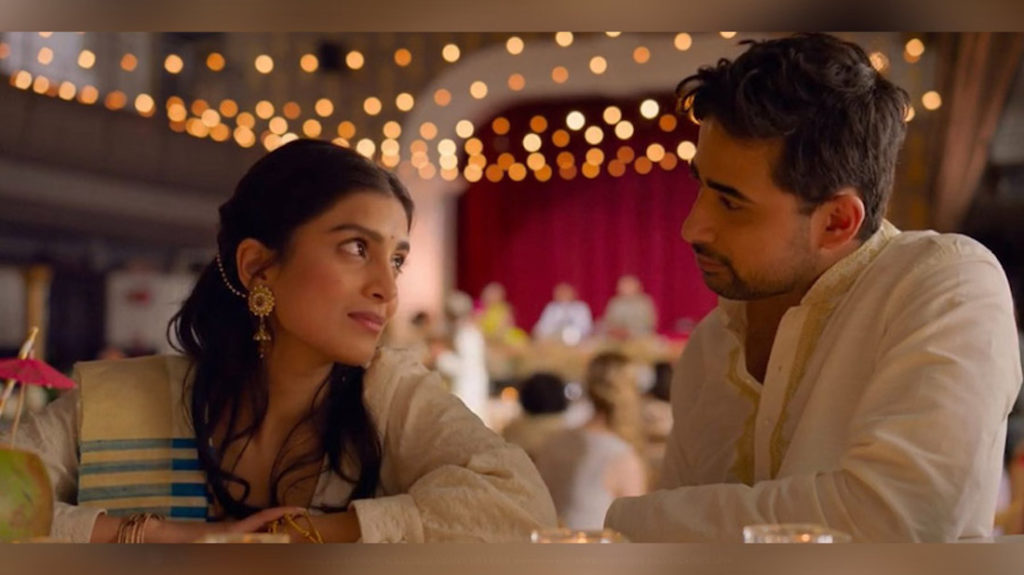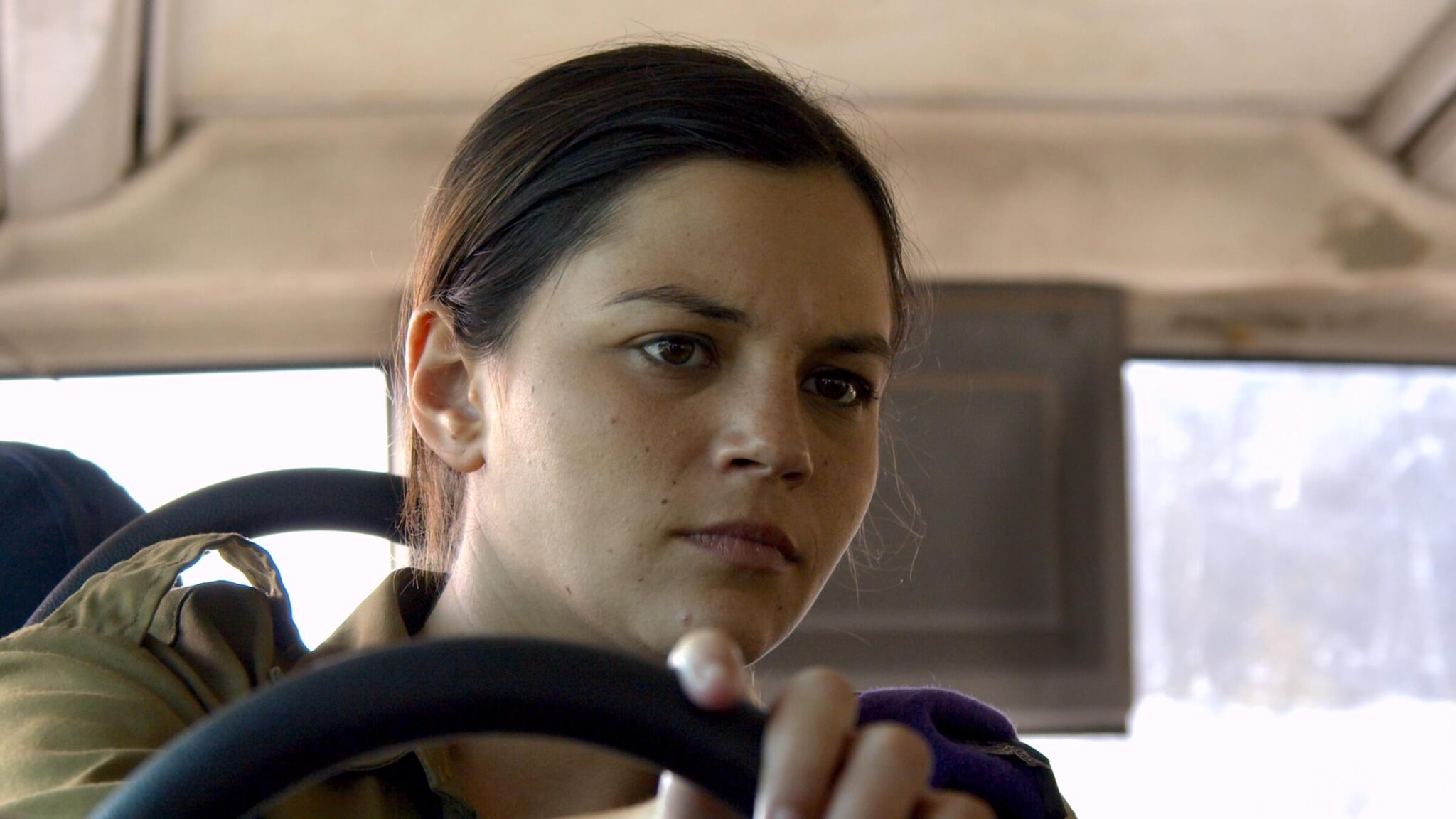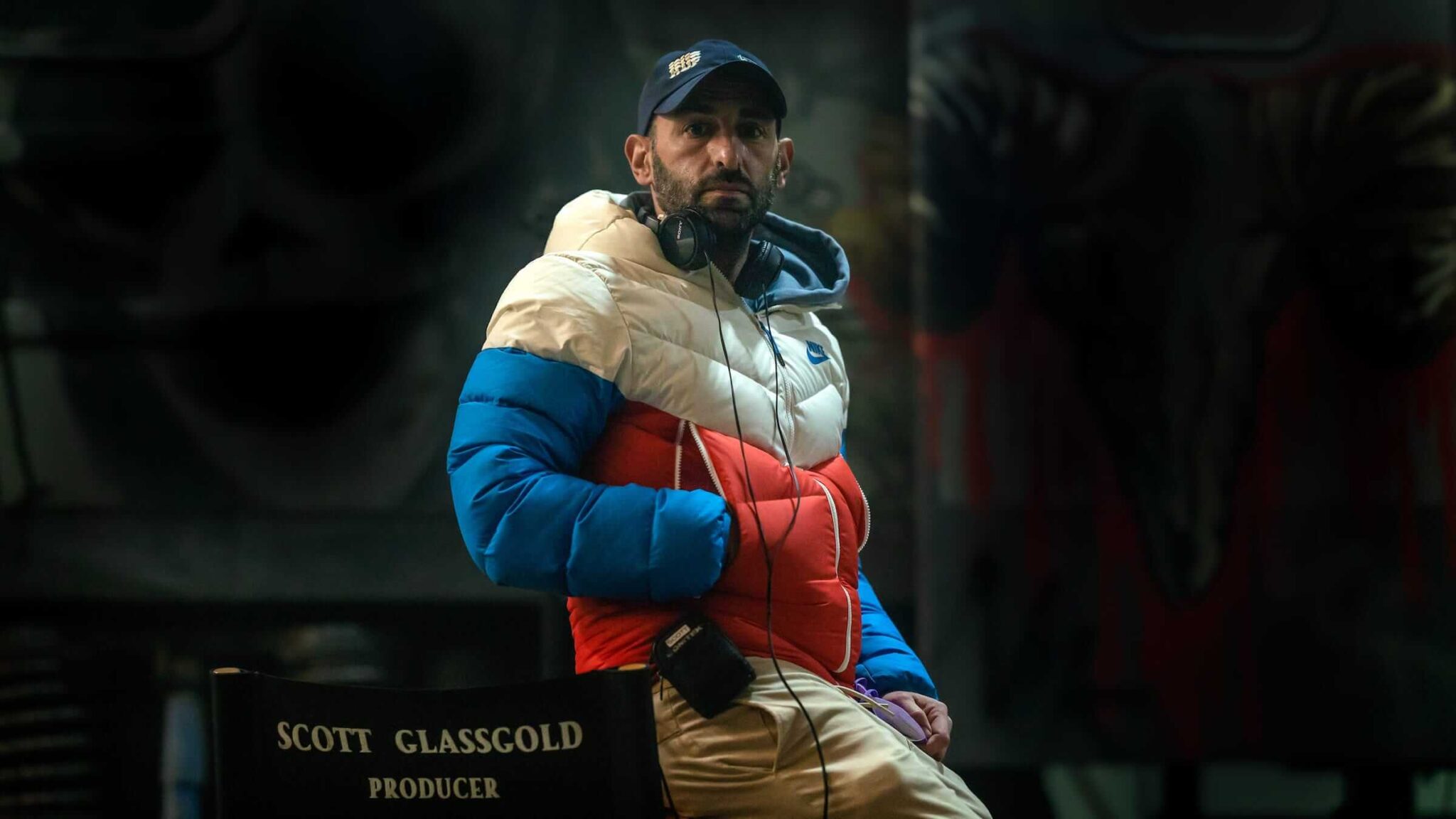'Wedding Season' Filmmakers Explain How to Bring a Netflix Hit to Life
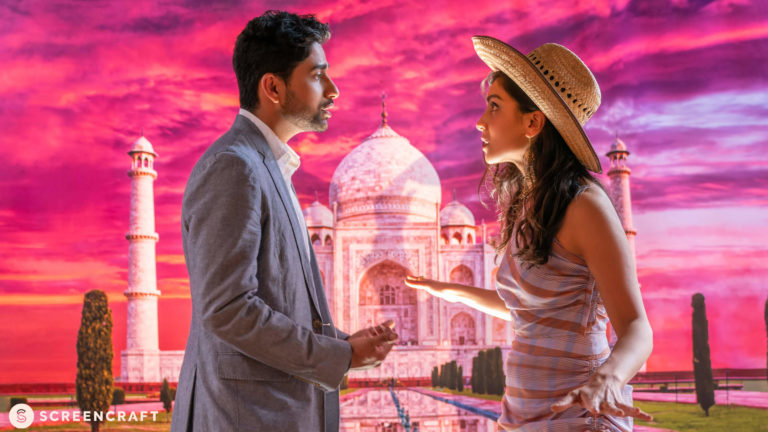
Wedding Season, written by ScreenCraft Comedy Competition runner-up Shiwani Srivastava, has been in the top 10 on Netflix since it was released. We had a great conversation with Shiwani about her journey from an unknown writer to getting her first script sold to Netflix, so we wanted to learn more about the production side of the film. We were fortunate enough to talk with both the director and producer of the movie — Tom Dey and Swati Shetty.
Here are our 5 favorite takeaways from these interviews, but if you really want to dig in, watch the full videos with Swati and Tom. They're an absolute gold mine of entertainment industry insight from two great minds who helped bring Wedding Season to life.
Table of Contents
Embrace Collaboration
Wedding Season producer Swati Shetty gave us a great insight: Be very conscious and deliberate with how you react and respond to notes. When you are working in a situation where you are collaborating with others — in this instance, a studio film — you will have to take notes from other people.
You will not always agree on things. Rather than taking things personally, view the notes as an indication that something can be done more clearly in your script. More importantly, respond to them with class. Even if a studio head does not agree with you, you have a better chance of getting them to understand your perspective if you communicate with respect for them and the process.
Swati said:
“I think the development process is something that all writers should totally embrace. Because, you know, I think that the attitude with which you basically react and reciprocate to notes, is really sort of giving you a direction as to where your story will go.”
She goes on to say:
“So one; I think the company that's actually backing your project, you know, putting my money behind it, they have their own goals. And those goals come from their learnings, from their strategy going forward, the kind of content they stand for, various things like that.”
Being able to put aside your ego when collaborating, understand the process, and see the perspective coming from the other side is absolutely key. If someone is giving you money, helping you manifest your vision, try to do everything you can get on and stay on the same page as them. Respect and gratitude is the first place to start.
Wedding Season director Tom Dey had some great input on the same subject:
“...if you like the ideas that he or she has, I don't think there's any blanket way of saying, you know, it needs to be this or that. But in this situation, the thing that I appreciated so much from Shiwani is that she didn't feel threatened by ideas and suggestions and whatnot. That was great because then I didn't feel like I was taking something that was so personal to her and sort of butchering it in a way that would just work for me.”
If you can create a strong relationship with the people you will be working with, it will only make the story better–the movie better.
Write About What Moves You
Tom brought up a very interesting and inspiring point:
“I feel like voice is not so much writing what you know… I feel like it's writing what you feel, you know? Write what moves you.”
We have all heard the saying “write what you know,” but I actually think “write what moves you” is a much better way of putting it.
Imposter Syndrome is a very real thing. Sometimes we feel as if we do not have the qualifications or life experience to write about certain, specific things, but what matters is the emotional connection you have behind the urge to write about those things. If you truly connect to the idea, and it moves you, then not only is it okay for you to write about it, you are almost responsible for it. The things that move us are the things we should tell stories about.
Tom goes on to say:
“And so one of the things that I look for is for the script to be telling this person's truth, you know? I could feel that she [Shiwani] was telling her truth through the script. And that was something that I responded to.”
As long as you are being honest from an emotional perspective, you can write about anything you want. With that being established, the other important aspect is to be confident in your choices–commit to them with full force. It is so easy to feel hesitancy in a script when reading, the opposite of what Tom said above, and having a hesitant script is one of the easiest ways to turn people off from it.

'Wedding Season' (Netflix)
Know When to Say “No”
One of my favorite points Swati made is know when to say “no.” As we addressed above, having respect and gratitude for the people you are working with is key, but knowing when and how to say no is also key. Disagreeing in the most respectful way possible is always the best bet.
She said:
“But I think the smarter writer will learn to deal with it [notes] and find ways to address it — where to say no, how to say no, just all of that. I'm not saying they have to be salespeople in any way. No, but they just have to be clear. I think when you're clear with your story, you're meditative in what you're doing…then it's easier to say no to someone if it doesn't work for you. There is an explanation and the other person will listen.”
'Wedding Season' (Netflix)
Also, keep in mind that it can be much easier to get into a situation where you let people pressure you into what they want–even if you know it is not what is best. That is why it is so important to be deliberate and conscious in terms of EVERY aspect of the process, not just your writing. This also goes back to the idea of being confident in your voice. Saying no is a sign of confidence when done in a respectful way where you articulate why and understand the other person’s perspective. Otherwise, it can be a sign of insecurity.
Work With People Who Understand Your Vision
Swati touched on the importance of trying to only work with people who understand you and your vision and vice versa.
“What also helps is when the producer is aligned with the writer. I think those collaborations have to be right…when you know your producer has your back…when you know your producer gets you, and you get your producer.”
There is so much work that goes into production and we all know that it can be hyper-stressful. These heightened situations can skew judgment and cause people to say things they do not mean — act irrationally. This is why it is key to understand the people you will be working with before you start working with them. If everyone is on the same page, it is so much easier to navigate stressful moments because everyone is connected to a more meaningful vision.
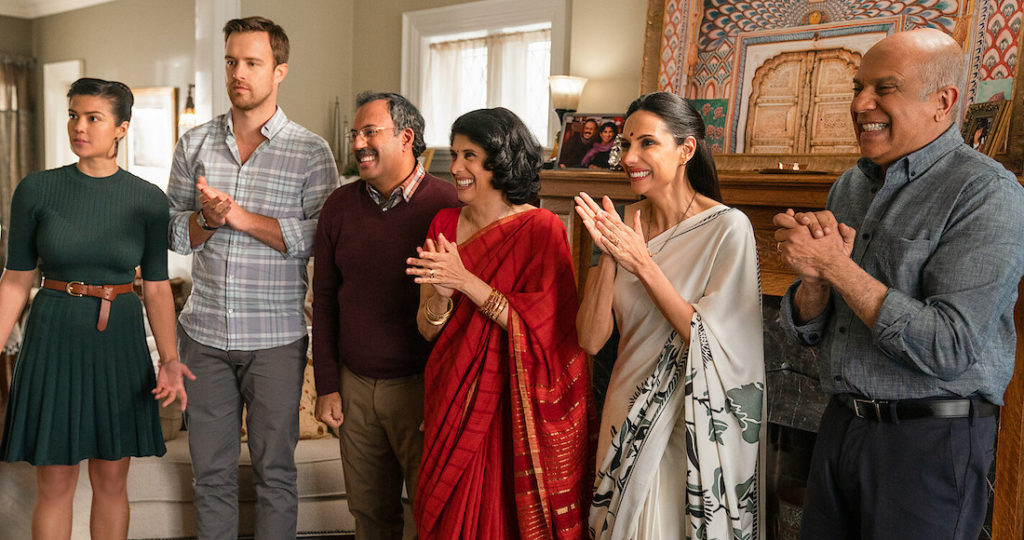
'Wedding Season' (Netflix)
Tom went over this, as well:
“And I learned from her [Shiwani] and I think she learned from me. And I kept saying to her, ‘You're the one who actually wrote a script that's getting greenlit into a movie. Like, I've never done that.’ So, you know, don't be afraid to tell me if something doesn't feel right to you.”
Because Tom and Shiwani were on the same page about the vision and each other, they were both able to put aside their egos to manifest the best version of the movie possible. I mean, I think we can all be jealous of Shiwani — her FIRST script made into a hit Netflix movie. But jealousy, even when working on a set, will never positively contribute to the story. It will only fog everyone’s vision.
It Always Comes Back to the Characters
I think a great way to bring this article to a close is by reminding you that, even when collaborating, even when having to take criticism, even when forced into navigating stressful situations, it always comes back to character. If there is one thing that every single person who is a part of a production must agree on, it is character.
Tom Dey explained:
“Sometimes I fall into the trap of falling in love with a set of ideas or an event, or, you know, a canvas–like a world–and then I'll try to figure out okay…who are the characters in that world? But ultimately, it really always has to come down to character for me. Who are the characters? What is it that they want? You know, it's that Sorkin thing where it's just like… I need a character and I need obstacles.”
So, even when delving into the more production side of things, we still come back to the two most important aspects of a script: Story and character. Story and character are what drive the vision from day one, pencil to paper, fingers to keyboard, but it is also what should drive the production.
When in doubt, always come back to story and character.
Don't forget to watch Wedding Season, which is now streaming on Netflix!
Get Our Screenwriting Newsletter!
Get weekly writing inspiration delivered to your inbox - including industry news, popular articles, and more!


